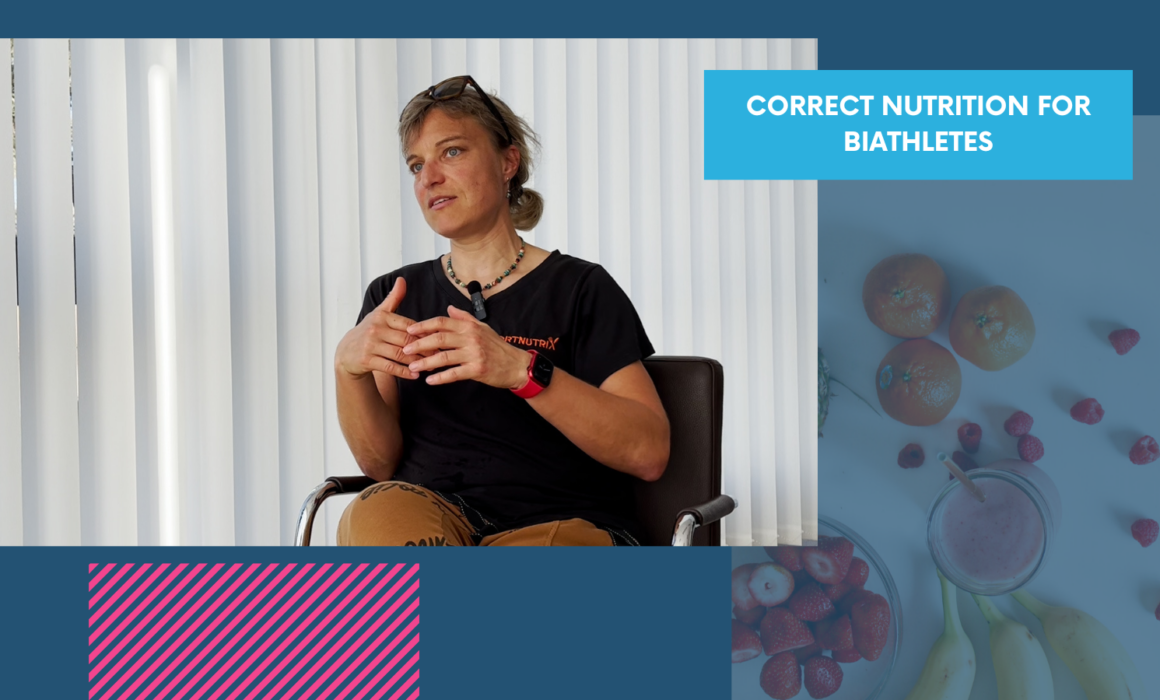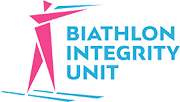Correct nutrition for biathletes
In a video interview at the BIU’s headquarters in Salzburg, Austria, we spoke to Judith Haudum about good nutrition habits.
“Eating is important to get the calories and nutrients to stay healthy,” says Judith Haudum. “The starting point for every success is to have a healthy body, and I think this is the main role for nutrition: to get what you need to function.”
Judith is a sports nutritionist who has worked in a range of team and endurance sports, and is currently the sports dietician at the Olympic training centre in Salzburg.
Addressing the controversial issue of the use of dietary supplements by athletes, Judith, who describes herself as a ‘food-first’ advocate, argues that supplements are only necessary for those who don’t already have a balanced diet.
“For most athletes,” she continues, “they are not necessary. If you focus on a well-balanced, nutritious diet, even though you are an elite athlete and you have loads of training to do, you are able to really meet your needs with food alone.”
Poor nutrition is one possible reason for athletes failing to perform as they would hope or expect despite intensive training, Judith says, but just as important is recovery: “What are athletes doing after training to support training adaptation? It’s not just about fuelling the training, but also about what you do around training to make that next step happen.”
One major issue in elite sports occurs when athletes fail to fuel their body to have enough energy for bodily functions, a syndrome known as Relative Energy Deficiency in Sport (RED-S). “Over time, this leads to health issues and also performance issues,” Judith says, adding: “There is still this mentality where athletes think, ‘the lighter I am, the better I will get’, but there is no confirmation of this. So, you get really susceptible to infections, for example, and you’re not adapting to the training load.”
RED-S is difficult to diagnose because symptoms vary widely between athletes, Judith says, but it’s important that athletes who believe they are suffering from RED-S make sure they are fuelling according to their training needs, and also that they reach out for an assessment.
Athletes who are part of clubs or federations that have sports dieticians can consult them, but many sports physicians also know the symptoms of RED-S, while a psychologist could also form part of a team that helps to support the athlete.
Listen to the full interview here.


